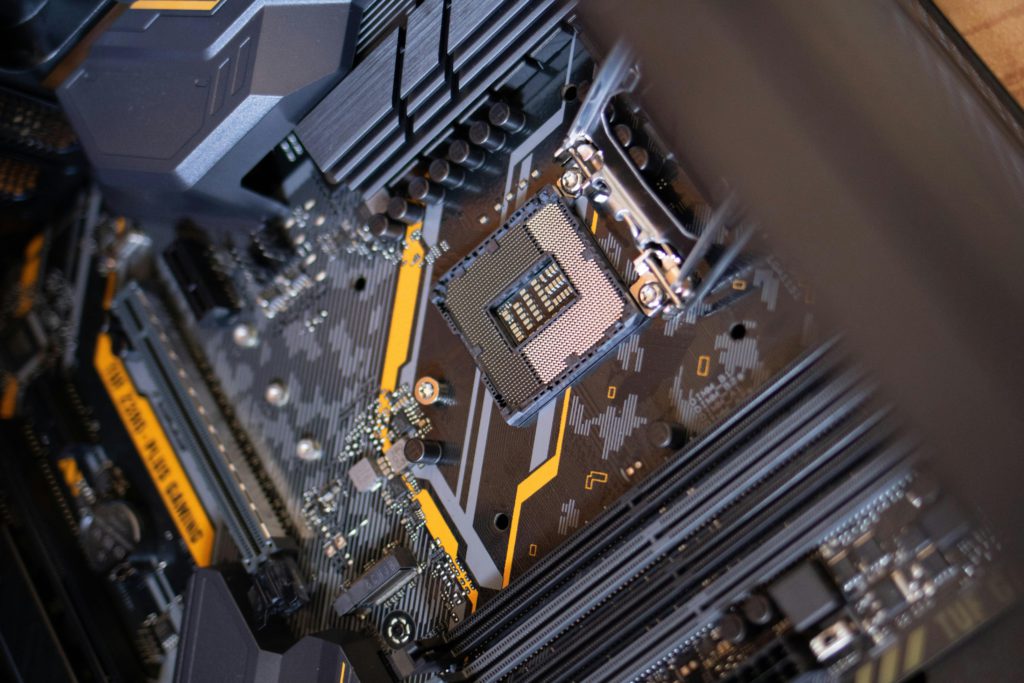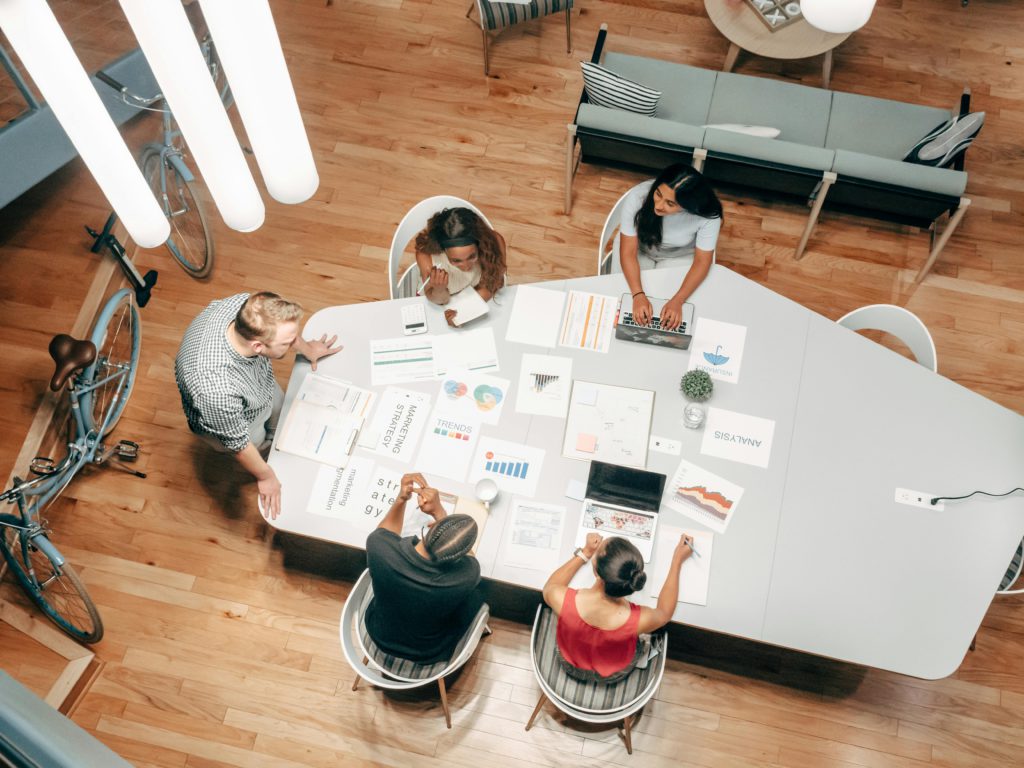The world’s most valuable resource is data. Currently, personal data is the “new oil”, which explains why the five most valuable companies in the world are all data companies: Alphabet (Google’s parent company), Amazon, Apple, Facebook and Microsoft. Despite recent scandals around the use of our personal data — Netflix loves documentaries about it. We are still not 100% aware of how companies use our data and how they abuse their use when defining profiles based on our tastes, preferences, etc.
While legislation to regulate data usage still has a long path ahead, it’s up to us, to regain control over our data and learn how to protect it. In addition to the rights enshrined in the GDPR, we must also have a greater awareness of the dangers that our data runs when it is in plain sight, whether in a digital or physical environment.
To help you, I’ve created a short list of advice that you should follow to safeguard not only your data but also your privacy.
1. Do not share passwords and/or make them visible to anyone, especially in the workplace. Kill the post-its on your computer with your access user and password;
2. Do not open links from fraudulent e-mails so as not to suffer any Social Engineering attack (Ex: Phishing). By fraudulent, we mean coming from an email address you don’t know. Nope, your bank doesn’t send you links that request your access code, address, birth date and your mother’s maiden name;
3. Read the terms and conditions of any application/website you access, to learn how to manage user preferences based on personal data that the application/website has access to. Stop clicking just on “I accept” and actually open the privacy policy. You’ll be surprised by what you’ll find in some of them;
4. Do not expose intimate and private life on social networks, to safeguard our space, especially in the times in which we currently live. Post that picture later, once you’re no longer at that location and stop using the “check-in” option on google and other apps
Even though companies are trying to make you think otherwise, your data is yours. So whenever you have to share personal data limit it to the absolute necessary for that specific purpose. With that small gesture, we not only know exactly what data we are sharing, but we also know for what purpose it will be processed.
This article was written by Patrícia Batista Santos, a Specialist in Personal Data Protection and a Member of NOVA Compliance Lab and Observatory for the Protection of Personal Data (NOVA School of Law).
For more information about Data Protection, visit gdpr-info.eu
Matching You with Your Future!
PS. If you’re looking for your next job in Security & Network, check out the open positions available on the Landing.Jobs Platform.






0 Comments